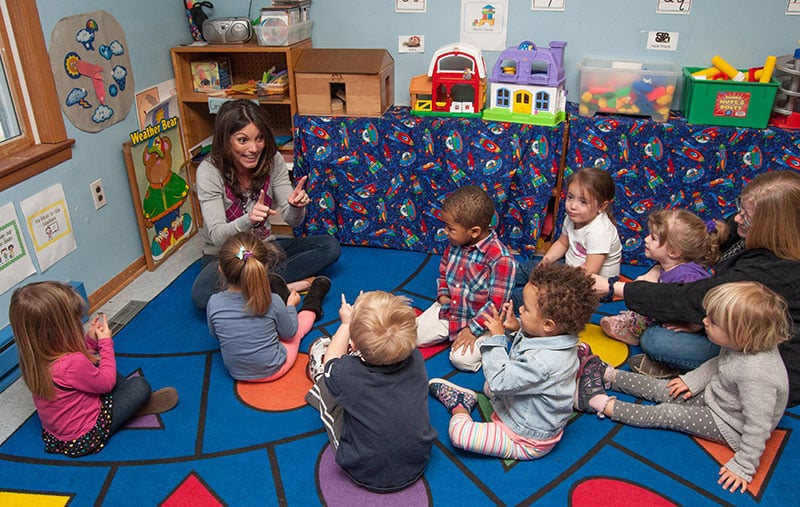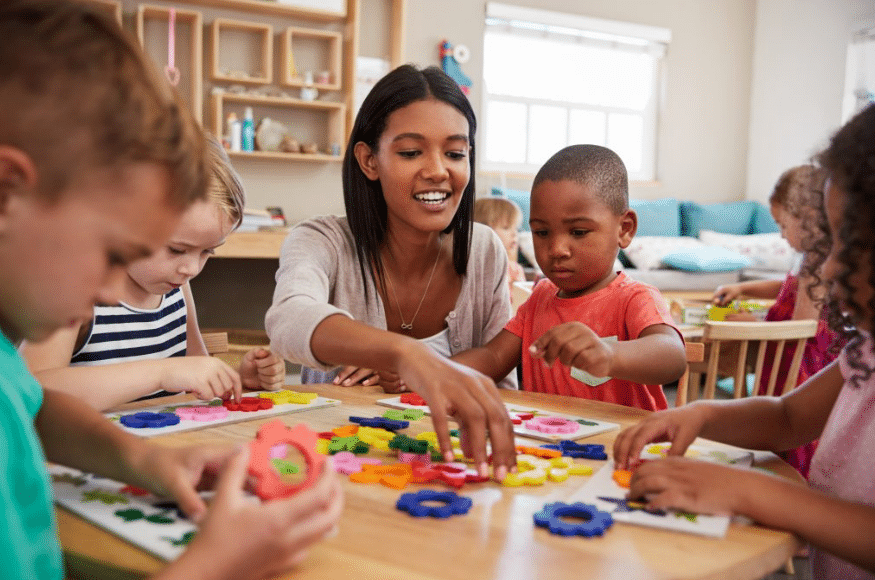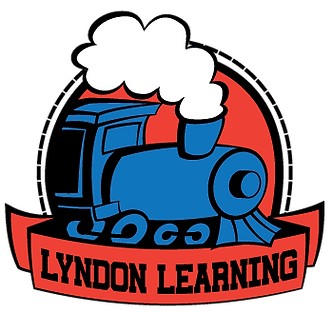Childcare is often viewed as a convenient solution for working parents, providing a safe and supervised environment for their children while they attend to their professional responsibilities. However, childcare facilities offer far more than just babysitting services; they serve as dynamic learning environments that play a crucial role in children’s early education and development.
In this blog post, we’ll explore the educational value of childcare and the myriad ways in which it contributes to children’s growth, learning, and preparation for school and beyond.

Fostering Early Learning
- Socialization Opportunities
- Childcare environments offer valuable opportunities for children to interact with peers, build friendships, and develop social skills such as cooperation, sharing, and empathy. These early social experiences lay the foundation for healthy relationships and positive social development.
- Cognitive Stimulation
- Quality childcare programs provide age-appropriate activities and materials that stimulate children’s cognitive development. Through play, exploration, and guided learning experiences, children develop essential skills such as language development, problem-solving, and critical thinking.
- Language Development
- Childcare centers expose children to rich language experiences through storytelling, conversations, and exposure to a variety of vocabulary. These interactions support language development and literacy skills, preparing children for future academic success.
- Fine and Gross Motor Skills
- Engaging in physical activities and play-based experiences in childcare settings helps children develop fine and gross motor skills, coordination, and spatial awareness. Activities such as arts and crafts, outdoor play, and manipulative toys promote physical development and coordination.
Preparing for School
- School Readiness Skills
- Childcare programs focus on developing essential school readiness skills, such as following instructions, participating in group activities, and self-regulation. These skills are critical for a smooth transition to formal schooling and academic success.
- Early Literacy and Numeracy
- Childcare environments introduce children to early literacy and numeracy concepts through age-appropriate activities and experiences. Through storytelling, counting games, and hands-on math activities, children build foundational skills that prepare them for future learning.
- Executive Functioning Skills
- Childcare settings support the development of executive functioning skills, such as attention, memory, and self-control. Children learn to manage their emotions, regulate their behavior, and follow routines, essential skills for academic and social success.

Parental Support and Partnership
- Parental Involvement
- Childcare centers promote parental involvement and partnership in children’s education and development. Open communication, parent-teacher conferences, and family engagement events provide opportunities for parents to stay informed and actively participate in their child’s learning journey.
- Supporting Working Families
- Childcare facilities play a critical role in supporting working families by providing reliable and high-quality care for their children. By alleviating childcare responsibilities, parents can focus on their careers with peace of mind, knowing that their children are in a safe and nurturing environment.
Childcare is far more than just a place for children to be supervised while their parents are at work; it is a dynamic educational environment that fosters growth, learning, and development in young children. From socialization and cognitive stimulation to school readiness and parental support, childcare centers play a vital role in laying the foundation for children’s future success.
As parents, educators, and policymakers, it’s essential to recognize and appreciate the educational value of childcare and invest in high-quality early childhood education programs that support children’s holistic development and prepare them for a lifetime of learning.
